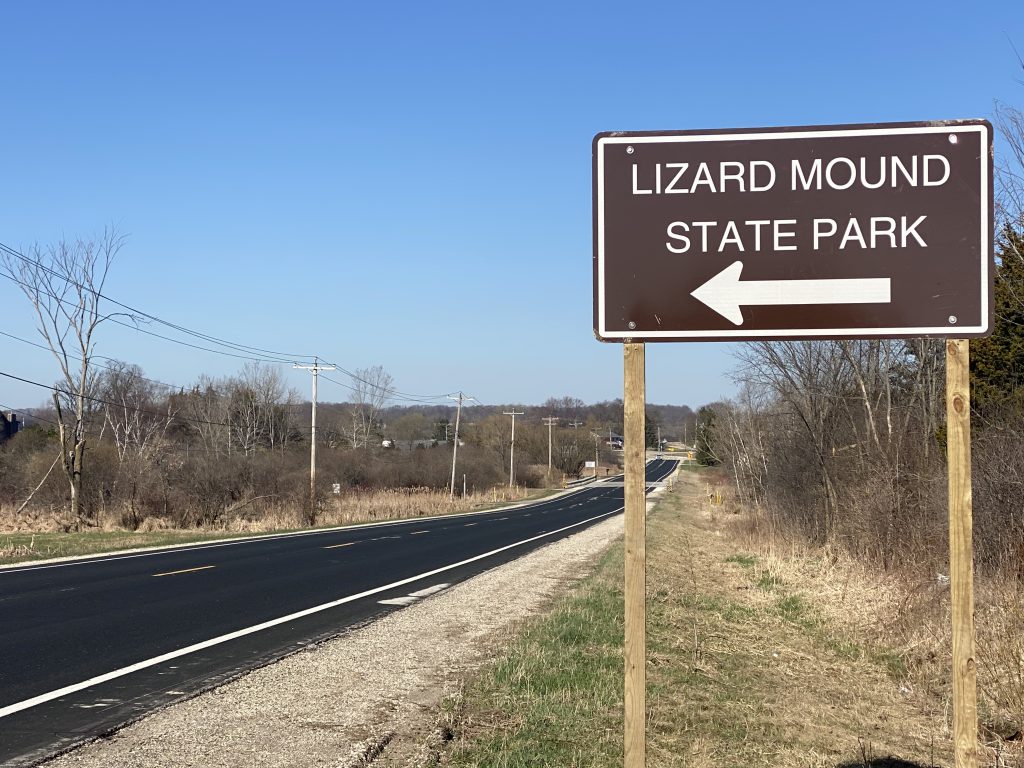Washington Co., WI – A state trail pass is required for all people age 16 or older biking, cross-country skiing, horseback riding or in-line skating on certain trails. It is not required for walking or hiking. Wisconsin state trail pass fees are the same for residents and nonresidents. The annual pass is good for the calendar year and the daily pass is good for the day of purchase.
Click HERE to SUBSCRIBE to FREE local news at
Washington County Insider on YouTube
Annual state trail passes for 2024 are available for purchase and are valid from the date of purchase through Dec. 31, 2024. They can be purchased at individual properties via drive-up window service, electronic sales kiosks or self-registration stations.
HOW CAN I PURCHASE A STATE TRAIL PASS?
Buy at a state park: Annual and daily admission stickers and trail passes can be purchased at most Wisconsin State Park System properties via the following methods:
- In person at a property drive-up window during office hours (credit cards, cash or checks accepted).
- At a self-registration station, available at every state park, forest, recreation area and trail from 6 a.m.-11 p.m. daily (cash or check accepted).
- At an electronic sales kiosk, available at many properties from 6 a.m. – 11 p.m. daily (credit cards accepted).
- Via phone, by calling a local state park property office directly during office hours (credit cards accepted).
Buy at a DNR service center: State park stickers and trail passes can also be purchased in person at open DNR service centers.
WHICH TRAILS REQUIRE A STATE TRAIL PASS?
A state trail pass is required on certain trails that allow biking, horseback riding, cross-country skiing and in-line skating. These trails are in state parks, forests and recreation areas and are also stand-alone state trails. Signs are posted at trailheads on the trails that require a state trail pass. County and local trails in Wisconsin may have their fees and state trail passes are not valid at those trails.
Please remember a vehicle admission sticker is required on all motor vehicles stopping in state parks, forests and recreation areas.
The state park, forest and recreation area trails that require a state trail pass are:
| Property name | Bicycling (off-road) | Cross-country skiing | Horseback riding | In-line skating |
|---|---|---|---|---|
| Black River State Forest | Yes | Yes | Yes | — |
| Blue Mound State Park | Yes | Yes | — | — |
| Brule River State Forest | — | Yes | — | — |
| Flambeau River State Forest | No | Yes | — | — |
| Governor Dodge State Park | Yes | No | Yes | — |
| Governor Knowles State Forest | — | Yes | Yes | — |
| Hartman Creek State Park | Yes | Yes | Yes | — |
| Hoffman Hills State Recreation Area | — | Yes | — | — |
| Lake Wissota State Park | No | No | Yes | — |
| Lapham Peak Unit – Kettle Moraine State Forest | Yes | Yes | Yes | — |
| Mirror Lake State Park | No | Yes | — | — |
| Northern Highland-American Legion State Forest | Yes | Yes | — | — |
| Northern Unit – Kettle Moraine State Forest | Yes | Yes | Yes | — |
| Peninsula State Park | Yes | Yes | — | — |
| Perrot State Park | — | Yes | — | — |
| Richard Bong State Recreation Area | Yes | No | Yes | — |
| Southern Unit – Kettle Moraine State Forest | Yes | Yes | Yes | — |
| Wildcat Mountain State Park | — | No | Yes | — |
Not all State Trails require a trail pass to use the trail. The State Trails that require a pass are:
| Trail name | Bicycling | Cross-country skiing | Horseback riding | In-line skating |
|---|---|---|---|---|
| 400 State Trail | Yes | No | Yes | — |
| Badger State Trail | Yes | No | — | Yes |
| Bearskin State Trail | Yes | No | — | — |
| Buffalo River State Trail | Yes | No | Yes | — |
| Capital City State Trail | Yes | No | — | Yes |
| Chippewa River State Trail | Yes | No | — | Yes |
| Elroy-Sparta State Trail | Yes | No | — | — |
| Fox River State Trail | Yes | No | Yes | Yes |
| Gandy Dancer State Trail | Yes | No | — | — |
| Glacial Drumlin State Trail | Yes | No | — | Yes |
| Great River State Trail | Yes | No | — | — |
| Great Sauk State Trail | Yes | No | — | Yes |
| Hillsboro State Trail | Yes | No | — | — |
| La Crosse River State Trail | Yes | No | — | — |
| Military Ridge State Trail | Yes | No | — | Yes |
| Mound View State Trail | Yes | No | — | Yes |
| Mountain-Bay State Trail | Yes | No | — | — |
| Old Abe State Trail | Yes | No | Yes | Yes |
| Pecatonica State Trail | Yes | No | Yes | — |
| Red Cedar State Trail | Yes | Yes | — | — |
| Stower Seven Lakes State Trail | Yes | Yes | — | — |
| Sugar River State Trail | Yes | No | — | Yes |
| Tomorrow River State Trail | Yes | No | Yes | — |
| White River State Trail | Yes | No | Yes | — |
WHY DO THESE TRAILS REQUIRE A STATE TRAIL PASS?
They were selected by DNR staff for a variety of reasons, including the quality of experience they offer, their popularity, their maintenance costs and the DNR’s ability to enforce the requirement in these locations.
WHERE DOES THE STATE TRAIL PASS MONEY GO?
Money from the sale of state trail passes is deposited into the parks segregated account of the state Conservation Fund. The trail fee revenues are used for maintaining and operating state trails, parks and recreation areas. For trails, these costs include such things as dealing with erosion, trash removal, maintaining safe surfaces, trimming brush, removing fallen trees and law enforcement. Additional funds, which come from ATV and snowmobile registration fees, are allotted to trails that allow ATVs and snowmobiles.
In 2019 the state collected a total of about $1.4 million for state trail passes (previous recent years have ranged from $1.3 to $1.5 million in revenues with about 80 percent coming from annual passes and 20 percent from daily passes). The revenue generated by the state trail pass does not cover expenses for the trails for which it is charged. For example, the average revenue for state-operated state trails was $29,711 in 2014. At the same time, the average expenses for each trail were $69,811. The difference in the amount required to operate a state trail and the money received from the sale of state trail passes is covered by monies from the separate Wisconsin State Park System account which includes funds from state park admission stickers and camping fees.
WHY DON’T SNOWMOBILERS, ATV RIDERS, OFF-HIGHWAY MOTORCYCLES AND HIKERS NEED STATE TRAIL PASSES?
Snowmobilers, all-terrain vehicles and off-highway motorcycle riders pay for their trails through registration fees and gasoline taxes. Every state trail that allows ATV or snowmobile use receives some of this money. Wisconsin law requires those who use Wisconsin ATV, OHM or snowmobile trails to display either Wisconsin registration or an ATV or snowmobile trail pass. ATV and snowmobile trail passes are different from the state trail pass and are available through the DNR’s licensing system.
In general, bike, ski and horse trails are more expensive to maintain than hiking trails. Also, the exemption for pedestrians (which include snowshoers) enables everyone access to Wisconsin trails.
WHAT IF I DON’T HAVE A STATE TRAIL PASS?
Trail users must purchase their state trail pass before using the trail. Self-registration stations are available for payment of fees when the office is closed. There is a $5 fee (in addition to the cost of the state trail pass) for anyone who fails to pay for a pass before using the trail. If a trail user refuses to buy a pass or self-register, a citation can be issued.














Is there a difference between a State Trail Pass and a State Park Trails pass?